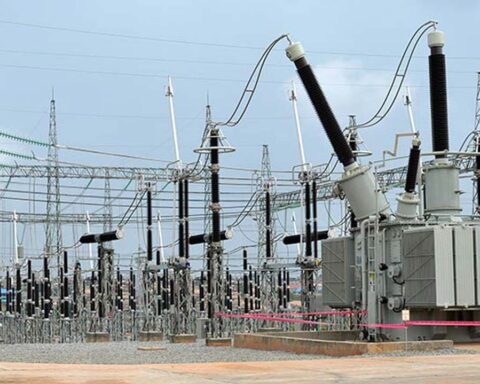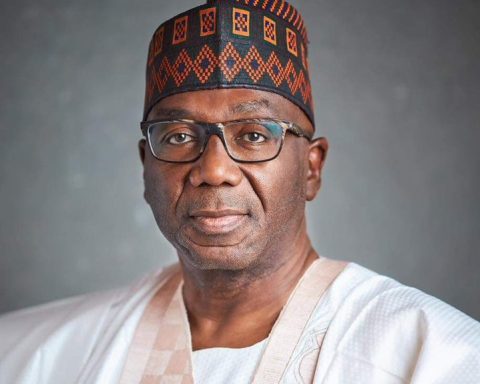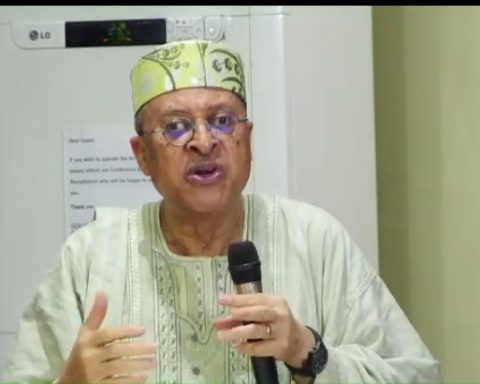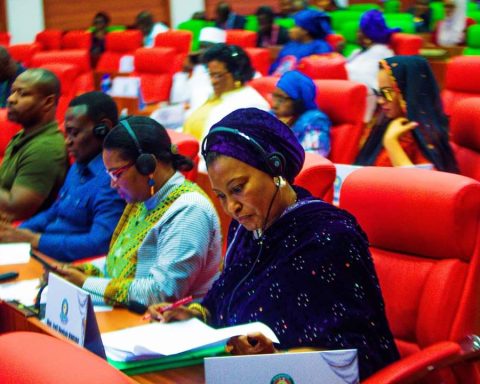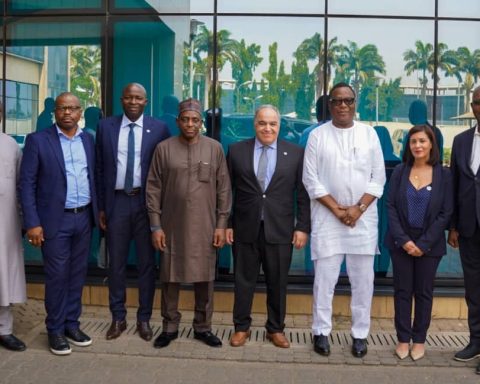In a major step toward energy sector reform, the Osun State House of Assembly has passed the Osun State Electricity Market Regulatory Bill 2025, setting the stage for the creation of a state-level electricity regulatory agency.
The bill, which was passed during plenary on Tuesday, aims to attract private sector participation, enforce consumer protection standards, and liberalize the electricity market within the state.
Join our WhatsApp ChannelThe passage of the bill aligns with new legal backing granted to subnational entities by the Electricity Act, 2023, which empowers states to legislate and regulate electricity generation, transmission, and distribution within their territories.
Once signed into law by Governor Ademola Adeleke, the bill will establish the Osun State Electricity Regulatory Commission (OSERC). The agency will be tasked with licensing power operators, supervising service delivery, enforcing tariffs, and resolving consumer complaints, particularly longstanding grievances against the Ibadan Electricity Distribution Company (IBEDC), which currently services most parts of Osun.
Governor Adeleke, reacting to the Assembly’s action through his spokesperson, Malam Olawale Rasheed, lauded the lawmakers and described the bill as a key driver of energy independence, economic growth, and consumer justice. “The regulatory commission will address critical issues relating to customer-service provider complaints. It will grant licences to power generators and ensure compliance with quality standards. It will not allow the current maltreatment of electricity users in the state,” the governor stated.
Read also: Enugu Electricity Regulator Insists On ₦160/kWh For Band A
In Three Months, Femi Otedola’s Geregu Power Generates N55.87bn Revenue
The governor had previously decried the persistent exploitation of consumers, especially cases of estimated billing and erratic power supply by IBEDC officials. He pledged that the new framework would introduce competition into the local electricity market and attract private-sector-led, off-grid solutions such as solar mini-grids, captive power projects, and renewable energy systems.
The bill’s passage follows growing calls from civil society groups and business communities for states to assume more control over electricity supply, citing inefficiencies in the national grid and a lack of accountability by distribution companies. The Osun Electricity Regulatory Commission, once operational, will mirror similar institutions in other states such as Enugu and Lagos, both of which have already moved to establish independent regulatory oversight of their electricity sectors.
Energy experts have welcomed the development, noting that state-level regulation will encourage investments in underserved communities while also protecting consumers from systemic exploitation. “This is a bold and timely intervention,” said energy policy analyst Dr. Tayo Ogunleye, who noted that decentralized regulation offers states the flexibility to design solutions tailored to their unique electricity demands and economic priorities.
However, experts also caution that effective implementation will depend on the independence, funding, and enforcement capacity of the new commission. “Laws are only as good as the institutions that enforce them. The state must ensure that OSERC is not politicized or underfunded,” Ogunleye warned.
The Osun House of Assembly has forwarded the bill to the executive arm, and it is expected that Governor Adeleke will assent to it in the coming days. Once signed into law, the government will begin the process of constituting the regulatory body and rolling out new licensing procedures for market operators.
If fully implemented, the reform could mark a turning point in Osun State’s energy profile, reducing reliance on the national grid, improving access to affordable electricity, and fostering local innovation in power generation.
Amanze Chinonye is a Staff Correspondent at Prime Business Africa, a rising star in the literary world, weaving captivating stories that transport readers to the vibrant landscapes of Nigeria and the rest of Africa. With a unique voice that blends with the newspaper's tradition and style, Chinonye's writing is a masterful exploration of the human condition, delving into themes of identity, culture, and social justice. Through her words, Chinonye paints vivid portraits of everyday African life, from the bustling markets of Nigeria's Lagos to the quiet villages of South Africa's countryside . With a keen eye for detail and a deep understanding of the complexities of Nigerian society, Chinonye's writing is both a testament to the country's rich cultural heritage and a powerful call to action for a brighter future. As a writer, Chinonye is a true storyteller, using her dexterity to educate, inspire, and uplift readers around the world.


